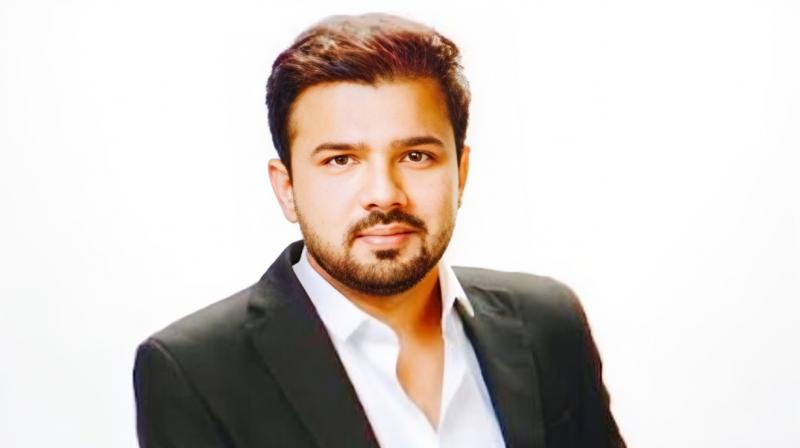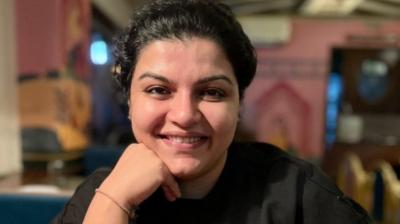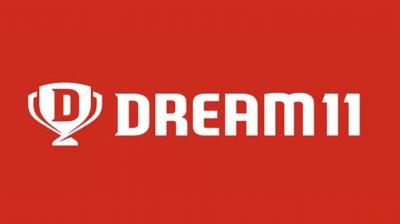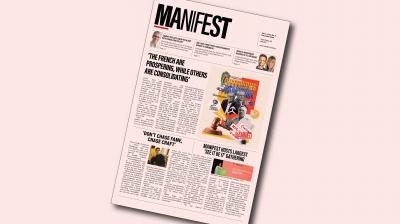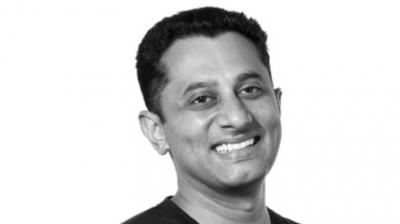Season 12 of the Pro Kabaddi League (PKL) is scheduled to kick off on 29 August, 2025. With over 12 teams competing across 137 matches, the season will be broadcast live on Star Sports Network and will be live streamed on JioStar.
Among the franchises gearing up for the new season is Dabang Delhi KC, who were the winners of the eighth edition of PKL.
Ahead of the start of the league, we caught up with Prashant Ramesh Mishra, CEO, Dabang Delhi KC, to discuss the rise of Kabaddi as a sport, Dabang Delhi’s rise as a leading sports franchise, and more...
Edited excerpts from the interaction:
Kabaddi has evolved from a rural game to primetime entertainment. From your perspective, what has been the single biggest catalyst for this rise?
The biggest catalyst for the sport's steep growth is the invention of the Pro Kabaddi League (PKL). It has played a major role not just in glamorising the entire sport, but also in bringing it to urban centres. Kabaddi was long forgotten, and a league like PKL was needed to come into play for widespread recognition.
The team at JioStar has done a fabulous job of marketing it in such a way that it appeals not just to the rural areas but also to the urban audience.
Where do you see the next phase of growth for kabaddi – broadcast reach, grassroots talent development, or even international expansion?
We have achieved quite a lot. There is the Global Kabaddi League happening (formerly World Kabaddi League). International organisations and federations are participating. We also see a lot of international players in the PKL.
At Dabang Delhi, we have recruited two of the top Iranian players, Fazal Atrachile and Amirhossein Bastami. I believe that India has always been a country where we give the sport the global recognition it truly deserves. This has happened with the IPL, and it is happening with the PKL as well. I wouldn’t be surprised if we see more international kabaddi tournaments and leagues across the globe, because we have set a benchmark now. We have given other kabaddi federations something to aspire to, and they should follow.
From a grassroots perspective, every sport needs that sort of popularity for young players to be motivated that they can make a future out of it, and kabaddi is providing just that. Now, with the PKL and its 12 franchises, it is happening. There is a proper system for player recruitment. It’s not just that the Amateur Kabaddi Federation of India (AKFI) gives a list to the league organisers, and we shortlist from it. We scout talent and go to remote areas.
We believe that if a player is given the right training from the very beginning, they will shine. This is what our team and the league do. It is absolutely important – and is being followed – to nurture talent from the grassroots and then bring them onto the platform so that the world recognises them.
Dabang Delhi K.C. has carved out a strong identity in the league. What are the key steps you’re taking to cement its position as one of India’s most powerful sports franchises?
The answer comes in the name itself. Delhi is the capital of India. On a management level, we were very particular when we chose the region, because we knew that the capital holds a strong sentiment among sports lovers and the general public of our country. That connection was always there.
We started our journey in the PKL on not a very high tide, but for the past six seasons, there hasn’t been a single season when Dabang Delhi has not qualified for the playoffs. It's all about learning and growing. We've learnt, we've won, we've changed tactics. Our coach, Joginder, is one of our ex-players, under whose captaincy we won the title in season eight.
Getting the right mix of experience and young talent is what has kept the team popular and alive, and somehow, we connect very well with audiences. In our team, we've ensured that the players who’ve been picked have the right touch and connect with fans. None of these players is a snob. They don’t shy away from people who like them – their fans, advisers, or their followers. This connection is extremely important for the team to stay motivated. Even if the team is not performing well, they know that there are people rooting for their success. That sentiment and feeling work in our favour. This keeps us going forward and performing season after season.
Having the right mix of talent, the right direction in terms of coaching and training, and giving players the best facilities to ensure there are no shortfalls when it comes to their requirements – along with the push our team gets from followers – all of this makes us a strong and popular team.
Delhi is a competitive sports market, with cricket and football dominating the fan base. How are you ensuring kabaddi, and specifically Dabang Delhi K.C., retain and grow their audience there?
Since we chose the region of Delhi, we know that most kabaddi players come from the rural segments of North India. We are very close to Uttar Pradesh and Haryana. Understanding the geography of our team gave us the confirmation we needed to grow here. The popularity of the sport is very much there in Delhi and the surrounding areas. That’s what I think has kept us alive in the competitive sports market.
While there are a lot of niche sports, kabaddi is still rooted and connected to the soil. That has kept us in the game and on top of our game.
As CEO, how do you strike the balance between short-term on-field performance and building a long-term, sustainable brand vision for the team?
Both of these things are very much linked. As a CEO, there is a long-term vision and plan that has been laid out for the team. It does not just include winning on the mat, but also winning as a brand overall. It includes ensuring that the right message is sent out to the public, to the audience, and to kabaddi fans. It ensures that the right message is also sent out to the young talent who envision themselves playing for a team in the future.
Once we have the long-term vision and goals planned, which we do, we break them down into smaller segments and achieve them as milestones. One would see a lot of changes in terms of how our players are presented each season, and in how the team overall sends out positive vibes. That eventually and automatically enhances their on-field performance as well.
Winning a season is a short-term goal, and one that exists every season. But going beyond that and ensuring that the brand strikes well with audiences and connects with our followers is what we intend to do. We want to make it not just a popular name in India, but a globally recognised franchise and we will ensure that happens.
Winning a season is just a short-term goal, which is there every season. But going beyond that and ensuring that the brand strikes well with the audiences, connects well with our followers, is what we intend to do. We want to make it not just a popular name in India, but a globally recognised franchise is what we are aiming at, and we will ensure that we end up doing that.
Kabaddi is increasingly a serious player in India’s sports economy. What is shaping up its larger sports ecosystem
First, broadcast is the easiest and fastest way to reach an international and global audience. Second, in the age of digital media, we have kept ourselves very much up to date. We know what is trending and how to connect with local as well as international audiences.
These two factors play a major role in ensuring the sport reaches a wider audience. It also connects with not just millennials or people who knew kabaddi as a sport they played in childhood. Over the years, we have seen that, especially in urban centres, the knowledge of rural sports like kabaddi has diminished. We have used the power of digital platforms and broadcasters to make it relevant to younger generations and Gen Z. And we want to keep doing that for Alphas and Betas, going ahead. It is all about marketing it and connecting with them well.
It is about telling younger generations in India and abroad that if you like something like the UFC or mixed martial arts, there is something even more entertaining and authentic – and, mind you, it is a homegrown product. With continuous digital support, we ensure that we spread this message and make it a more relevant sport worldwide.
With sponsorships and digital engagement on the rise, what’s the most exciting business opportunity you see for Kabaddi in the next five years?
I think the next big thing for kabaddi is esports. The world is heading towards it. Technology is supporting the sport – whether it is to analyse players' performances, provide data, or simply make it a fun e-gaming experience for people to understand, play, and enjoy the game on TV. That is a bigger business opportunity going forward.
What challenges still need to be addressed to unlock greater sponsorship and visibility for the sport?
One of the major challenges is that while we are the second most viewed sport in the country, we still face the big elephant in the room, which is cricket. Finding the right window for games is also a challenge. Most sponsors want to divert themselves to cricket or something that is not so raw or rural. That sentiment needs to change. In India, I am glad that many brands like to associate with sports like kabaddi because they know it’s a household game that men, women, and children all enjoy.
However, if we really want to lift the game and the sponsorship market, the bigger brands now need to step in and play their part. It is important for them to understand that they will get wider reach not just with cricket, but also with kabaddi, which is in every household and connects with audiences deeply.
Even other sports like cricket and football have their challenges. Football is growing, basketball is emerging, and we just had a baseball event. I see a lot of diversification of sponsors in such sports. We are seeing the same wave in kabaddi, and we hope that gradually and eventually bigger, globally recognised brands will come forward to support the sport.

.jpg)
